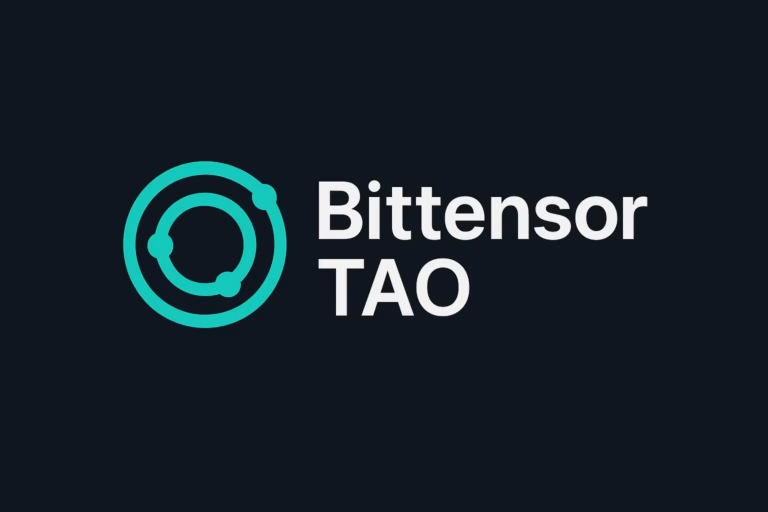In the rapidly evolving landscape of the 21st century, governments across the globe are encountering unprecedented challenges that demand agile, effective responses. These challenges encompass a wide array of domains, ranging from economic pressures and social disparities to environmental concerns and technological advancements. As governments strive to navigate these complexities, several key challenges have emerged as particularly pressing.
1. Economic Stability and Growth
One of the foremost challenges governments face is achieving and maintaining economic stability and growth. The aftermath of the COVID-19 pandemic has exacerbated economic disparities, leaving governments grappling with high levels of unemployment, inflation, and fiscal deficits. The dual imperatives of revitalizing economies and ensuring sustainable growth are at the forefront of policy agendas worldwide.
Governments are tasked with implementing fiscal stimulus measures, bolstering healthcare systems, and investing in digital infrastructure to support economic recovery. Additionally, they must navigate the complexities of global supply chains, inflationary pressures, and evolving consumer behaviors to foster resilience in the face of future economic disruptions.
vechain news: VeChain’s (VET) MaaS Platform Launches: How It Could Impact The $16 Trillion Tokenization Market
2. Social Inequality and Inclusion
Social inequality remains a pervasive challenge that governments are striving to address. Disparities in access to education, healthcare, and employment opportunities continue to widen, exacerbating social tensions and undermining social cohesion. The COVID-19 pandemic laid bare these inequities, disproportionately affecting vulnerable populations and highlighting the urgent need for inclusive policies.
Governments are increasingly focusing on policies aimed at promoting social inclusion and equity. Initiatives such as affordable housing programs, universal healthcare coverage, and targeted education reforms are essential to narrowing the gap between the affluent and the marginalized. Moreover, fostering diverse and inclusive societies requires proactive measures to combat discrimination and promote equal opportunity for all citizens.
3. Environmental Sustainability
Environmental sustainability has emerged as a critical challenge confronting governments in today’s world. Climate change, deforestation, pollution, and resource depletion threaten the planet’s ecosystems and jeopardize the well-being of future generations. Governments are under mounting pressure to adopt ambitious climate action plans and transition to renewable energy sources to mitigate the impact of environmental degradation.
The shift towards sustainable development necessitates collaboration across national borders and coordination with the private sector and civil society. Policymakers are increasingly adopting stringent environmental regulations, promoting green technologies, and investing in infrastructure that supports eco-friendly practices. Implementing these measures is essential to safeguarding the planet’s natural resources and ensuring a sustainable future for all.
4. Technological Advancements and Cybersecurity
Rapid technological advancements present both opportunities and challenges for governments worldwide. The proliferation of digital technologies, including artificial intelligence, blockchain, and the Internet of Things, has revolutionized various sectors of the economy. However, these innovations also pose significant risks, including cybersecurity threats, data privacy concerns, and the potential for technological unemployment.
Governments are tasked with creating regulatory frameworks that promote innovation while safeguarding public interests. Strengthening cybersecurity defenses, protecting personal data, and addressing the ethical implications of emerging technologies are paramount. Additionally, promoting digital literacy and ensuring equitable access to digital infrastructure are crucial for harnessing the full potential of technological advancements.
Bitcoin News: SEC’s 2FA Oversight: Unveiling The Fallout Of The Fake Bitcoin ETF Debacle
5. Global Health Crises and Pandemic Preparedness
The COVID-19 pandemic has underscored the importance of global health preparedness and the challenges governments face in responding to public health emergencies. The rapid spread of infectious diseases, vaccine distribution disparities, and healthcare infrastructure deficiencies have strained healthcare systems worldwide. Governments are called upon to strengthen healthcare resilience, improve pandemic response mechanisms, and enhance international cooperation in combating future health crises.
Investing in public health infrastructure, accelerating vaccine production and distribution, and promoting evidence-based health policies are essential steps towards building robust healthcare systems. Additionally, enhancing surveillance and early warning systems, fostering international collaboration, and addressing vaccine hesitancy are critical for effectively managing future health emergencies.
The challenges confronting governments in today’s world are multifaceted and require holistic approaches that prioritize economic stability, social inclusion, environmental sustainability, technological innovation, and global health preparedness. Addressing these challenges necessitates proactive policymaking, international cooperation, and a commitment to fostering equitable and resilient societies. By embracing these challenges as opportunities for positive change, governments can lay the foundation for a more prosperous and sustainable future for all.







